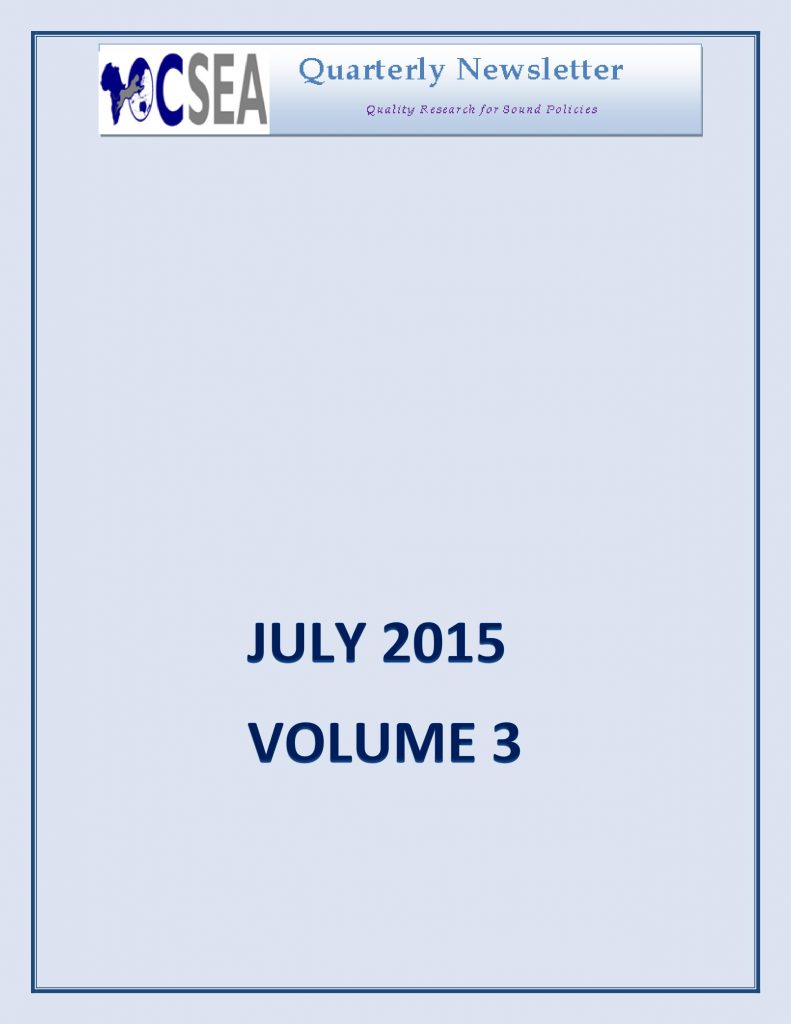Newsletters
Related
Implementing The Fiscal Responsibility Act At The State Level In Nigeria
Fiscal responsibility acts have become increasingly common tools to enhance fiscal prudence and public expenditure transparency in many countries. In Nigeria, fiscal profligacy at the sub-national level has emerged as a major contributor to state corruption and macroeconomic instability.
Portfolio Diversification Between Developed And Less Developed Economies
This study
examines the hedging effectiveness of portfolio investment diversification
between developed and developing economies; with focus on the Nigerian stock
asset vis--vis the stock assets of the United States (US) and United Kingdom
(UK). Its main contribution is in the analysis of optimal portfolio
diversification using optimal portfolio weight (OPW) and optimal hedging ratio
(OHR). Empirical findings show that the OPW and OHR are low, which indicates impressive
potential gains from combining Nigerian stock assets in an investment portfolio
with US and UK stock assets. In addition, exchange rate volatility is found to
pose stern limitation on the potential benefits of this portfolio
diversification arrangement. It is therefore recommended that the monetary
authority in Nigeria should pursue policies towards reducing exchange rate
volatility to the barest minimum. This will possibly attract more investors
from developed economies who might be willing to combine Nigerian stock in
their investment portfolio to minimize portfolio risk.
Nigeria Economic Update (Issue 50)
Crude oil price experienced
a mixed week from November 18 to November 25, 2016. Specifically, OPEC basket
price and Brent crude price fluctuated, to a daily average of $44.6 (from
$42.33)and $48.3 (from $46.86)per barrel
respectively. The present oil volatility is as a result of sell-offs,
attributable to speculations/fears of an insufficient production cut by OPEC (in
its bid to control oversupply) - a deal scheduled for its next meeting on
November 30th 2016. This speculations have arisen due to
the reluctance of major OPEC member country (Saudi Arabia) to participate in the
potential oil cut dealwhich could exert a downward pressure on oil
prices. However, oil prices should rise if OPEC members agree to the oil cut
deal. Irrespective of the outcome of the meeting, Nigeria is exempted from the
potential crude oil cut. Thus, it will be optimal for the government to act
quickly to address the insurgence in the Niger Delta region, in order to raise domestic oil production as much as
possible.

